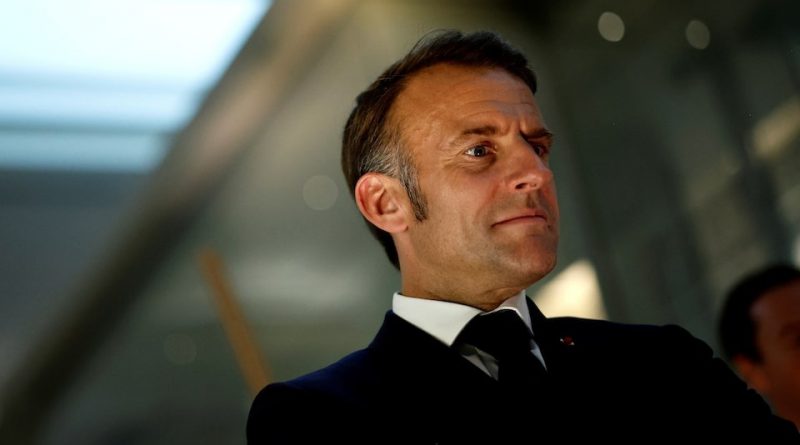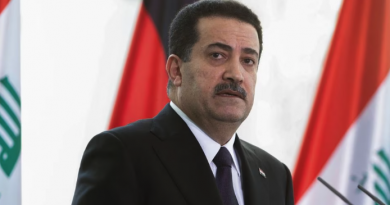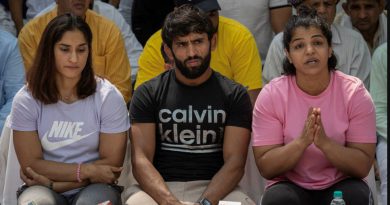President Macron’s Consultations Signal a Fresh Start for French Politics
Paris — French President Emmanuel Macron has called together the leaders of the country’s mainstream political parties for an important round of talks on Friday, signaling a renewed effort to build unity and stability as he prepares to announce France’s next prime minister.
The move comes as Macron works toward a self-imposed 48-hour deadline to make the appointment — a step that many observers see as an opportunity to reset France’s political direction and strengthen national confidence.
Despite recent political turbulence, the president’s decision to engage multiple political voices demonstrates a pragmatic approach aimed at fostering cooperation across France’s diverse political landscape.
By seeking a leader who can appeal to both the center-right and center-left, Macron is emphasizing inclusivity and consensus — qualities that could help bridge divisions in the country’s fragmented parliament.
Inclusive Political Dialogue and Renewed Leadership
According to the Élysée Palace, Macron’s consultations are designed to ensure that the new government reflects a broad spectrum of opinions and priorities, focusing on stability and forward-looking economic management.
The president’s search for his sixth prime minister in under two years underscores his commitment to adaptability and reform in a constantly evolving political environment.
Among the names circulating in French political circles are veteran centrist Jean-Louis Borloo, respected public auditor Pierre Moscovici, and Sebastien Lecornu, who recently stepped down as prime minister. Although Lecornu has indicated that he will not seek a return to office, his prior leadership experience remains a reference point for ongoing discussions.
Green Party chief Marine Tondelier, reflecting the lively political debate, commented light-heartedly on the speculation surrounding the candidates. Such openness in political dialogue is being viewed by analysts as a healthy sign of France’s democratic vibrancy.
The meeting, scheduled for 12:30 GMT, is expected to set the tone for a more collaborative phase in French politics. Macron’s inclusive approach aims to reassure both domestic and international audiences that France remains stable, forward-looking, and determined to overcome short-term uncertainty.
Economic Confidence and Stability in Focus
France’s economic fundamentals remain strong, even as political discussions continue. The governor of the Bank of France, François Villeroy de Galhau, acknowledged that uncertainty had a modest effect on growth projections but emphasized that “the economy is broadly fine.” His statement reflects confidence in France’s resilience and the sound structure of its economic institutions.
While Villeroy noted that political uncertainty could temporarily reduce growth by around 0.2 percentage points, he stressed that effective governance and a clear fiscal path forward could quickly restore momentum. His call for keeping the budget deficit within manageable levels — ideally not exceeding 4.8% of GDP by 2026 — highlights a shared national goal of fiscal responsibility.
The government remains focused on economic prudence, seeking to balance fiscal discipline with continued investment in public services and innovation. France’s efforts to rein in its deficit, currently projected at 5.4% of GDP, demonstrate a strong commitment to meeting European standards while protecting social and economic priorities.
A Path Toward Consensus and Growth
Observers believe that Macron’s outreach to various political parties could lay the groundwork for renewed trust and stability. Rather than being seen as a period of crisis, this moment represents a turning point for France — an opportunity to modernize political cooperation and strengthen democratic consensus.
International markets have also responded with cautious optimism. While credit rating agencies continue to monitor fiscal developments, France’s diversified economy, strong financial institutions, and long-term reform agenda provide a solid foundation for sustainable growth.
President Macron’s ability to steer through political challenges has often been one of his defining strengths. By prioritizing open dialogue, fiscal responsibility, and unity, the French government appears ready to navigate the coming months with renewed purpose.
As France awaits the announcement of its next prime minister, the atmosphere is one of cautious optimism rather than tension. The coming leadership decision is expected to mark the start of a new phase — one that focuses on cooperation, stability, and the shared goal of strengthening France’s economy and democracy.



